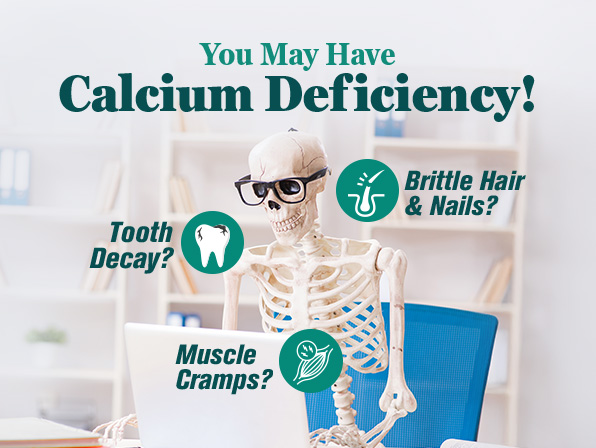Vitamin A
Type: Vitamin
Vitamin A is a fat-soluble vitamin that is needed for proper development and functioning of eyes, skin and immunity. Acting as an antioxidant, it also helps protect cells against free radical damage. It is especially critically needed during pregnancy and early childhood development. Being fat-soluble in nature, it means that vitamin A is stored by in the liver and fat tissue therefore excessive amounts may be negatively affect the body. Symptoms of excessive consumption include nausea, dizziness and headaches.
Vitamin A comes in two forms:
Provitamin A (carotenoids)
- The inactive form found in plants include green, yellow and orange vegetables
- Usually converted into preformed vitamin A in the body
Preformed Vitamin A (retinol, retinal, retinoic acid)
- The active form found in animal products include eggs, meat, cheese, animal organ meats like liver
- Often used more readily by the body
Symptoms of a deficiency in vitamin A include dry skin, dry eyes, poor growth and night blindness.
Stay Inspired with Health Trends

Ready To Indulge In CNY Goodies? Before You Do, Read This!

2026 Wellness Reset: MORE Hustle, LESS Burnout

7 Secrets You Need To Stop Hiding From Your Health Advisor!

Movember Reminder – Let’s Talk Men’s Health👨🏻🦱🩺

Is Your 9-to-6 Weakening Your Bones? Here’s How To Fight Back!

Sedentary Lifestyle: The Hidden Hazard to Your Health

🏓Power Up Your Pickleball Game

Your Desk Could Be Dirtier Than A Toilet Seat 🦠

Weight Management at Work (that does not require eating salads 🥗)

The Bitter Side of Sweet: Sugar Speeds Up Ageing & Slows You Down at Work

Keep An Eye On It – Protect Your 👀 In The Digital Age

Is Your Child Driving You Crazy? Here Are 7 Supplements To Help You Stay Calm and Sane.

🌸 Happy Mother's Day

Ingredient Spotlight: Placenta and NMN

What is Revenge Sleeping Procrastination?

8 Tips For Building Mental Resilience In Your Child

7 Amazing Facts About Women

How Burned Out Are You?
